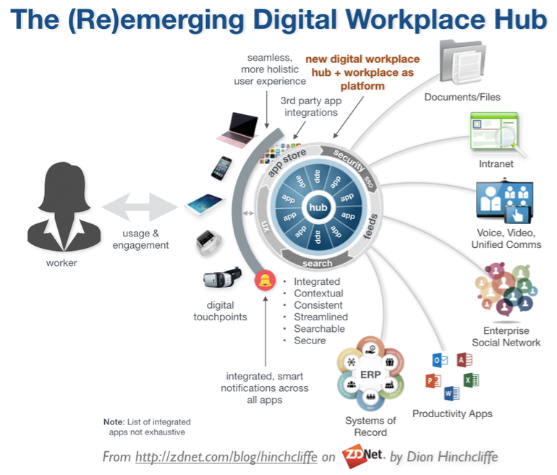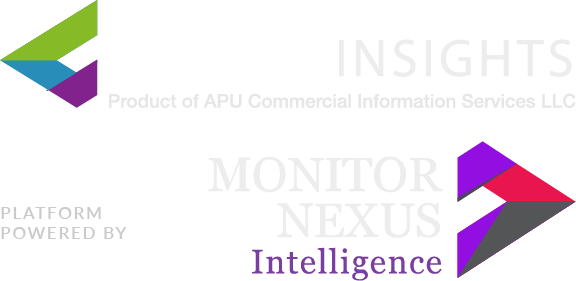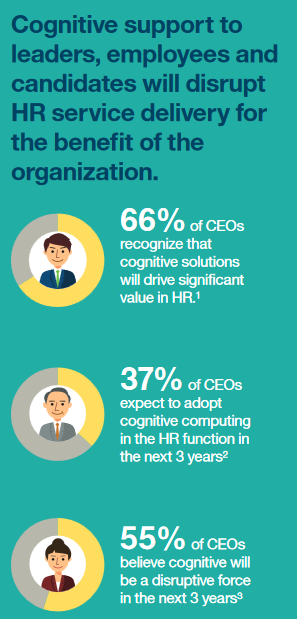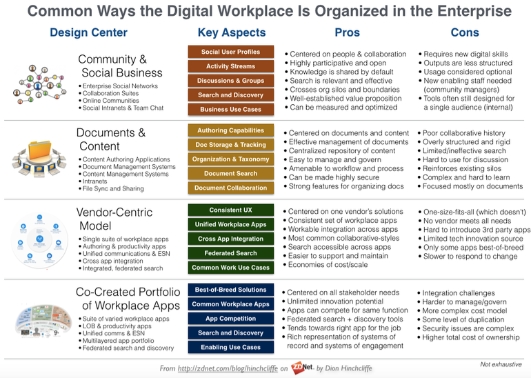
Digital Workplace Services & Employee Experience Design
In the context of digital transformation it is not only products, processes, and business models that change. The world of work is also changing. New technologies are being used in repetitive tasks and make human workers feeling increasingly surplus to requirements. At the same time, new job positions are arising, where design thinking, and technological know-how and expertise are required.
A modern digital workplace helps increase employee productivity, enhance communication, empower collaboration, reduce costs and provide a personalized experience.
 Design as a Strategic Business Tool
Design as a Strategic Business Tool
Design enables an iterative approach to evolving strategy, and creates a more effective approach where the outcome is uncertain.
Human-centered Design
Design new responsive ways of working and develop New Capabilities
Upgrade your talent pool by blending team skills with new data science skills, design thinking, strategic partnering and our insights into the latest developments, trends and standards.
Develop new ways of working and new critical skills by aligning incentives, processes and systems to ensure speed of innovation.
Gain an understanding of the operational, infrastructure and organizational capabilities required to deliver your strategy.

EMPLOYEE EXPERIENCE DESIGN
Understanding the Employee Perspective
Designing the desired environment and experience for employees, by understanding current employee experience gaps, by looking at the levels of staff motivation, involvement and productivity in terms of:
The Re-emerging Digital Workplace hub is focusing on the Highest Value Workplace Activities and making them better, easier, and faster, by by connecting processes, information, applications, and people together through better structured, integrated and delivered systems to create improvements and optimizations.

Prepare your organization for talent management in the cognitive era
Cognitive solutions for workforce planning, mobility and training drive collaboration and contribution to business outcomes.
Cognitive tools take many forms and can interact in human-like ways such as speaking, chatting, web form-based dialogue and so on. Once cognitive tools are trained to interpret information sources, they can enable better decision making.



